Valletta, Malta: What to see and where to go in the European City of Culture
Clive Aslet visits the delightfully serene European City of Culture 2018.
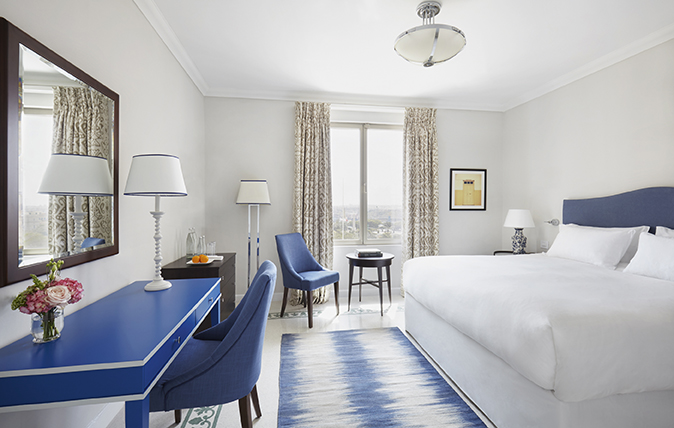
Valletta is one of the great Baroque cities of Europe. The Knights of St John, who ruled Malta from 1530, were hardly paragons of virtue, but their plundering raids on Ottoman shipping provided spectacular riches.
They invested these in opulent auberges, dramatic fortifications and the sumptuous Cathedral of St John, which has a floor paved with marble tombstones, chapels resplendent with flamboyant tombs and two Caravaggio masterpieces. These were painted while the artist sought refuge after murdering a love rival in Rome. The European Capital of Culture 2018 is a worthy title.
Take it all in
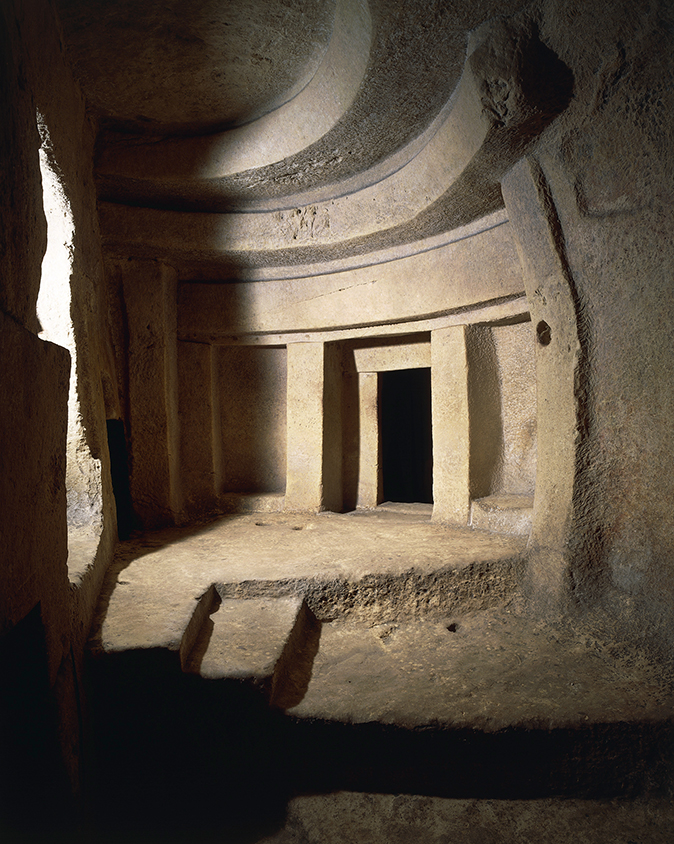
- Recently, World Heritage Site Hal Saflieni Hypogeum – a necropolis of niches and chambers with remarkable acoustic properties – has reopened following extensive repair work. Book in advance as entry is limited.
- Now restored, it’s difficult to comprehend the bombing that Valletta’s harbour suffered during the Second World War – more than 3,000 tons of bombs in March–April 1942 alone. The National War Museum houses the last of the three Gloster Sea Gladiators that were part of Malta’s air-born defences in 1940.
- A collective description for the fortified cities of Birgu, Senglea and Cospicua, ‘The Three Cities’ lies on the other side of the harbour, but only Birgu survives intact. Take in the Inquisitor’s Palace, where victims of the Inquisition – and the displeasure of the Knights – were tortured. Arrive by ferry or one of the surprisingly inexpensive water taxis.
Where to refuel
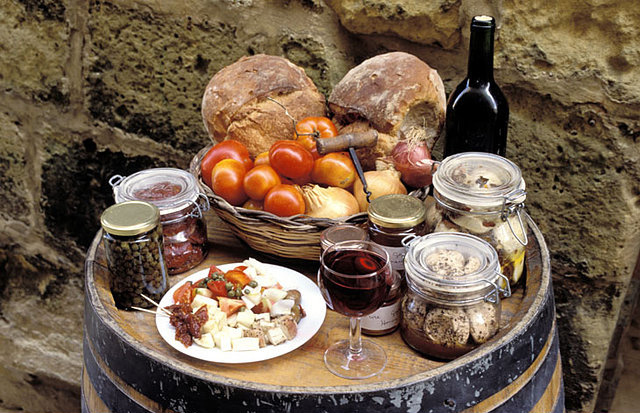
Occupying the rooms of a local house, Tal-Petut ( www.talpetut.com) runs on passion. The patron, Don, has banned any food that isn’t locally grown or sourced; the olives and tomatoes are gathered from his own fields. Feast on antipasti, sausages and olive oil, accompanied by ravioli and crusty bread – this is wholesome fare.
Sleep in style
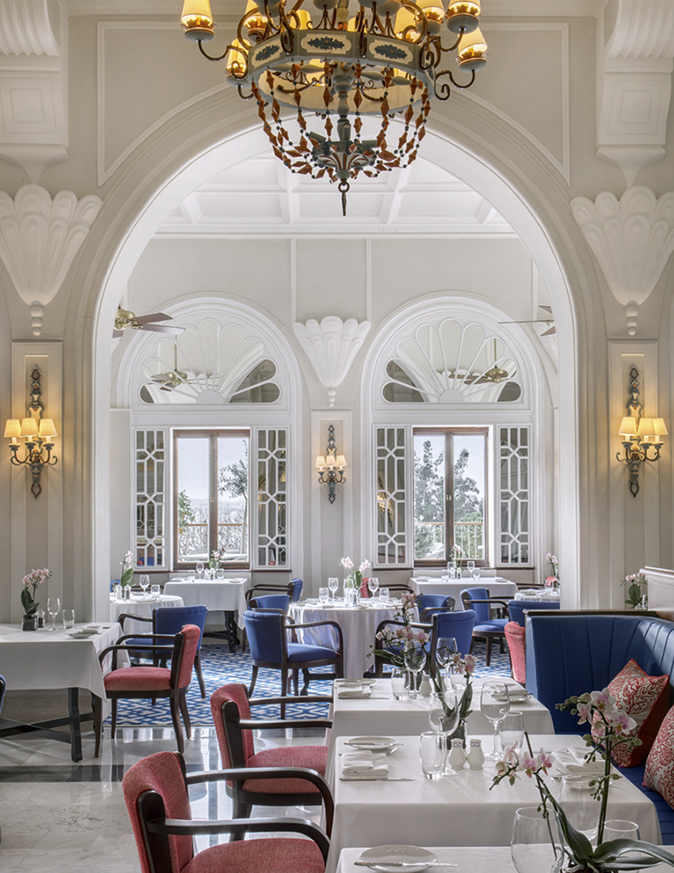
The grande dame of Valletta hotels, The Phoenicia served as a base for the Royal Navy during the Second World War; it still attracts the descendants of those who knew it during those years. Like other dames, The Phoenicia’s charms had gone into eclipse until being resuscitated earlier this year by master hotelier Gordon Campbell Gray.
Though she remains a generously proportioned, slow-moving dowager, there’s a newfound youth thanks to elegant, understated decor and 7½ acres of colourful Mediterranean garden. Half the hotel’s staff come from Malta and the recommendations of the expert concierges are to be particularly valued. Rooms from £205 per night, including breakfast (+356 22 91 10 23; www.campbellgrayhotels.com).
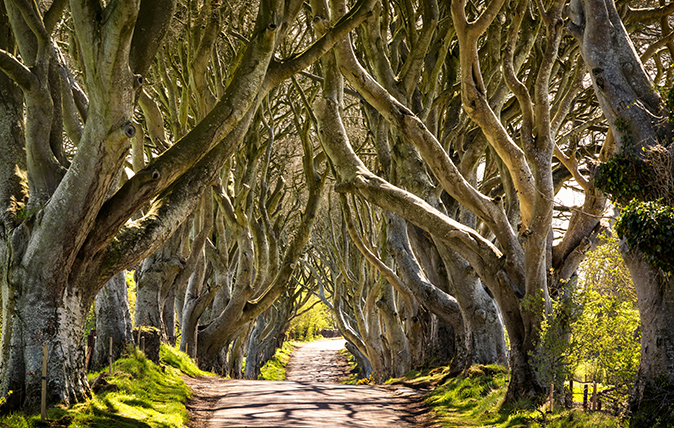
Love Game of Thrones? Visit County Antrim's beautiful Causeway Coast
If you're a self-confessed Game of Thrones geek and watching the show just isn't enough, visit Ballygally Castle - the
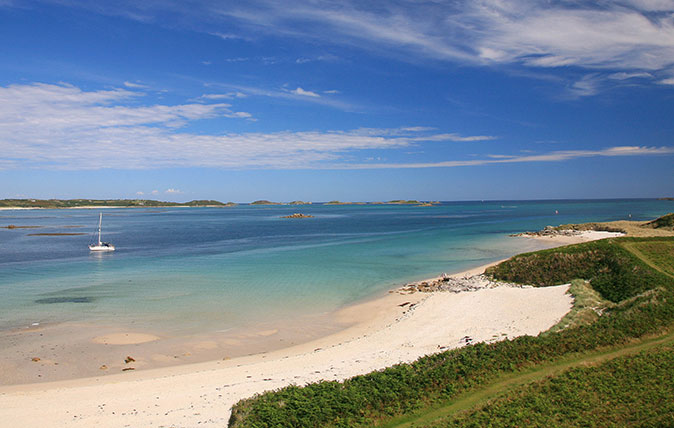
Credit: Tresco
Sign up for the Country Life Newsletter
Exquisite houses, the beauty of Nature, and how to get the most from your life, straight to your inbox.
Tresco: Like Britain, but with better weather, beaches, gardens... and no cars
Michael Sissons visits Tresco, a beautiful, tranquil, family-owned island off the coast of Cornwall.
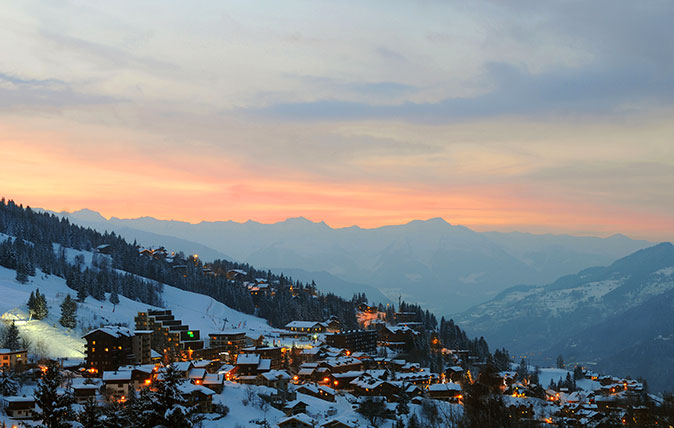
Courchevel: 150km of perfect skiing, beautiful chalets and a farmhouse restaurant cut into the side of a mountain
Kate Green, who has been skiing in Courcheval for 30 years, explains why the French resort still cuts it.
-
 Ford Focus ST: So long, and thanks for all the fun
Ford Focus ST: So long, and thanks for all the funFrom November, the Ford Focus will be no more. We say goodbye to the ultimate boy racer.
By Matthew MacConnell
-
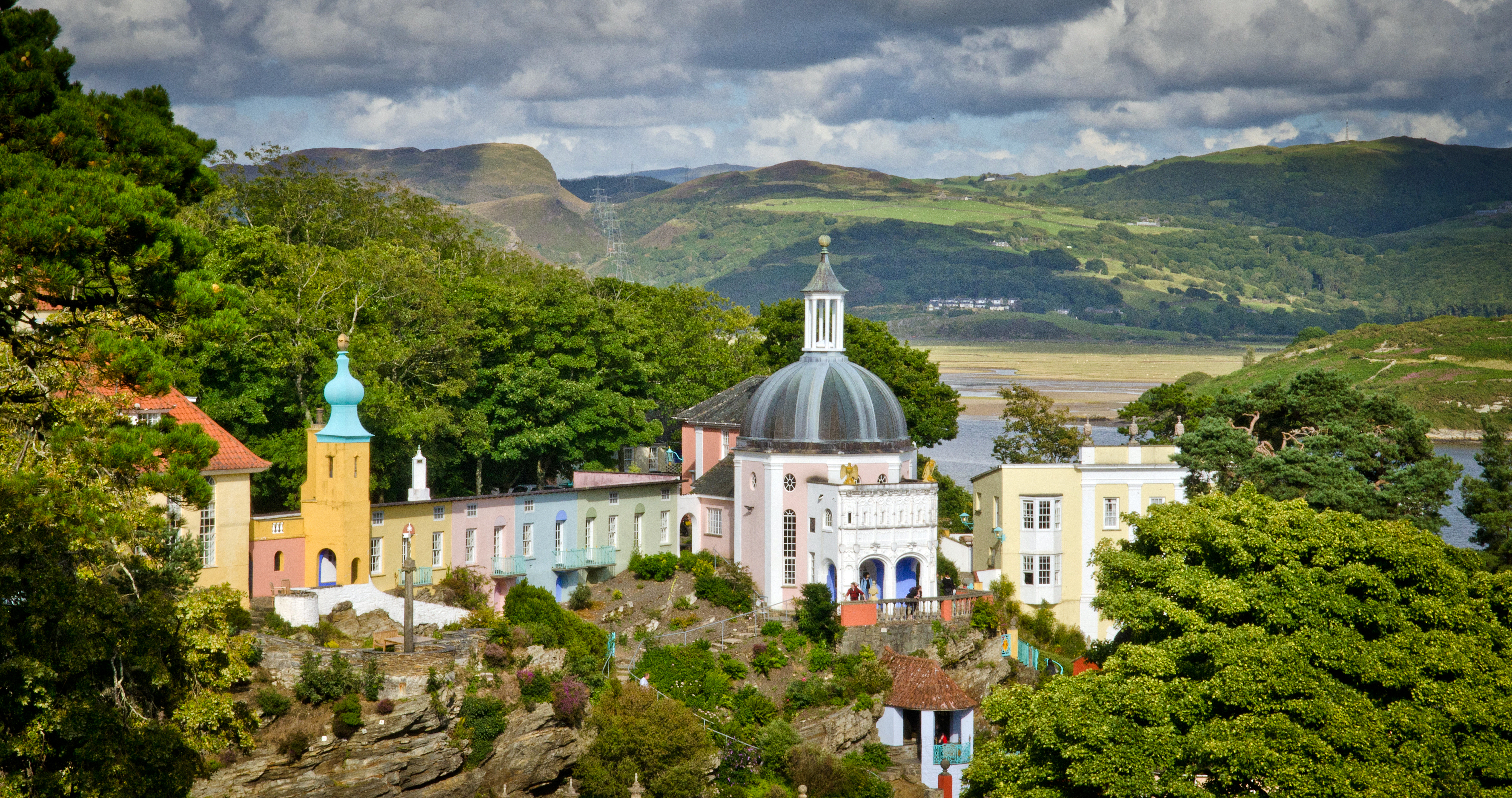 ‘If Portmeirion began life as an oddity, it has evolved into something of a phenomenon’: Celebrating a century of Britain’s most eccentric village
‘If Portmeirion began life as an oddity, it has evolved into something of a phenomenon’: Celebrating a century of Britain’s most eccentric villageA romantic experiment surrounded by the natural majesty of North Wales, Portmeirion began life as an oddity, but has evolved into an architectural phenomenon kept alive by dedication.
By Ben Lerwill